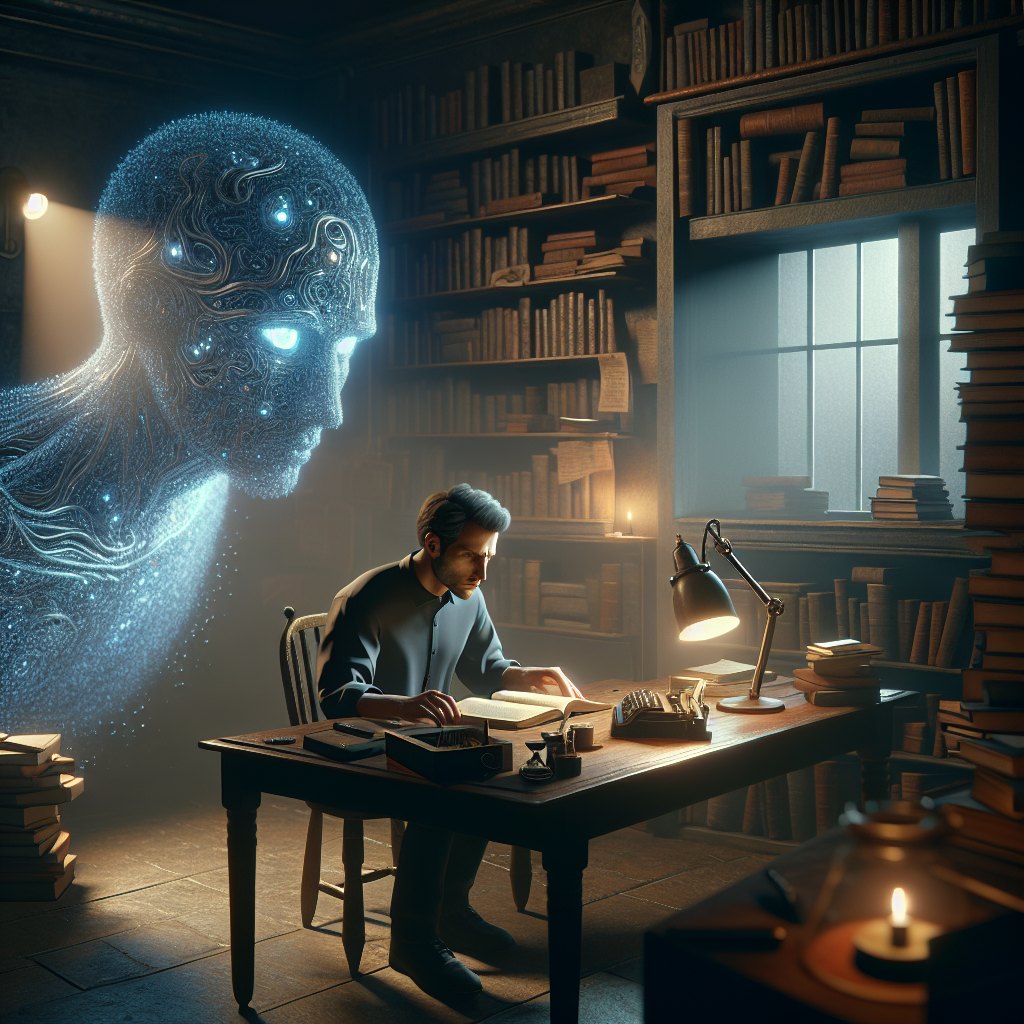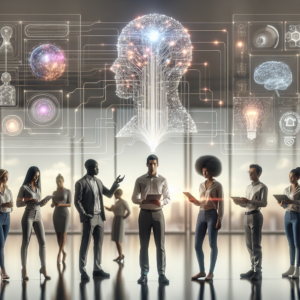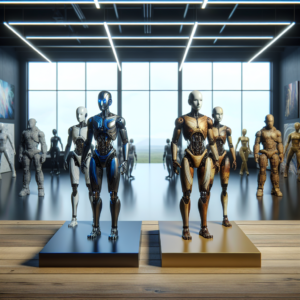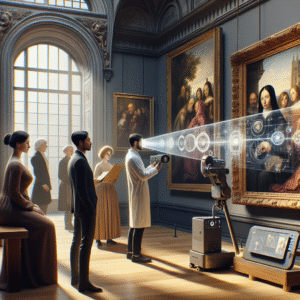Facebook Stole My Book to Train Its AI: A Frustrating Tale
In an era where artificial intelligence is rapidly evolving, the ethical implications surrounding AI training data are becoming more critical. One troubling circumstance that has surfaced involves the use of copyrighted material without permission. This issue was poignantly highlighted by an author who alleged that Facebook used his book to train its AI. The implications of such actions raise questions about intellectual property rights, ethical practices in AI development, and the potential for significant legal repercussions.
Understanding the Allegations
The author’s claims center around the premise that Facebook, in its quest to enhance its artificial intelligence models, utilized his work without obtaining the necessary rights or permissions. The author emphasizes that the primary grievance lies not solely in the monetary aspect but in the broader implications of copyright infringement and the lack of respect for intellectual property. Below are key points regarding the allegations:
1. Unauthorized Use of Creative Work: The author asserts that his book was incorporated into Facebook’s AI training dataset without consent.
2. Lack of Compensation: Despite the significant value of the author’s creative work, he was not compensated for its use, underscoring a larger issue of fairness in the tech industry.
3. Ethical Implications: The situation raises critical questions about the ethics of using copyrighted materials in AI training, especially when these materials are not publicly available for use.
The Bigger Picture: Copyright and AI
The intersection of copyright law and artificial intelligence is an ever-evolving area of concern. As AI technologies continue to develop, the methods by which these systems are trained become increasingly important. The following points outline some broader implications of the author’s experience:
– The Importance of Consent: Copyright laws are designed to protect the rights of creators. When companies like Facebook utilize copyrighted works without permission, it undermines the legal framework that supports creativity and innovation.
– Impact on Creators: Such actions can discourage authors and artists from sharing their work, fearing it may be exploited without their consent. This environment can stifle creativity and innovation in the arts.
– Potential Legal Consequences: Copyright infringement can lead to significant legal repercussions for companies. If found liable, organizations could face hefty fines and a damaged reputation.
The Response from Facebook and the Tech Community
Following the allegations, many are curious about how Facebook and the broader tech community will respond. Historically, tech giants have faced criticism for their handling of intellectual property, leading to various forms of backlash and legal action. Key considerations include:
– Facebook’s Position: As of now, Facebook has yet to issue a comprehensive response regarding the specific allegations. However, the company has been known to advocate for more lenient copyright laws when it comes to AI training.
– Industry Standards: The tech industry’s standards for ethical AI development may come under scrutiny. Companies may be pressured to establish clearer guidelines regarding the use of copyrighted materials in AI training datasets.
– Community Reaction: The tech community, including other authors and creators, is likely to rally around the author’s claims. Activism for stronger protections for intellectual property may gain momentum as a result.
The Importance of Intellectual Property in the Age of AI
Intellectual property (IP) is more crucial than ever in the context of AI. As technology blurs the lines of ownership and usage rights, understanding the role of IP becomes essential for both creators and tech companies. Here’s why it matters:
1. Protecting Creativity and Innovation
Intellectual property laws exist to promote creativity and innovation by providing creators with exclusive rights to their work. This incentivizes the development of new ideas and art forms, fostering a healthy environment for creativity.
2. Encouraging Fair Competition
By securing the rights of creators, IP laws help level the playing field in competitive industries. Companies and individuals can invest in their work without the fear of losing their unique contributions to unauthorized exploitation.
3. Balancing Access and Ownership
As AI technologies evolve, the balance between public access and private ownership will become increasingly important. Establishing clear guidelines can ensure that creators are compensated while still allowing for the advancement of AI technologies.
The Path Forward: Navigating AI Ethics and Copyright
The challenges posed by the intersection of AI and copyright law are complex and multifaceted. Moving forward, several steps could be taken to address these challenges effectively:
1. Legislative Reform
Governments may need to reevaluate and reform copyright laws to account for the unique challenges posed by AI technologies. This could involve creating specific exemptions or guidelines for AI training that still respect creators’ rights.
2. Enhanced Awareness and Education
Both creators and tech companies must be educated about intellectual property rights. Understanding the implications of using copyrighted works in AI training can foster a more respectful relationship between creators and tech firms.
3. Establishing Ethical Guidelines
The tech industry should consider establishing ethical guidelines for the use of copyrighted materials in AI training. Collaborations between tech companies, creators, and legal experts can lead to a framework that protects the rights of authors while allowing for technological advancement.
Conclusion: Advocating for Change
The case of the author who alleges that Facebook stole his book to train its AI serves as a stark reminder of the ethical and legal challenges at the intersection of technology and creativity. As AI continues to evolve, so too must our understanding and implementation of copyright laws.
By advocating for stronger protections for intellectual property and encouraging ethical practices in AI development, we can foster an environment that respects creativity and promotes innovation. Ultimately, it is the responsibility of both creators and tech companies to ensure that the rights of individuals are upheld, paving the way for a brighter and more equitable future in the realm of AI.
In this rapidly changing landscape, it is essential that we remain vigilant and proactive, working together to navigate the complexities of copyright law and artificial intelligence.



